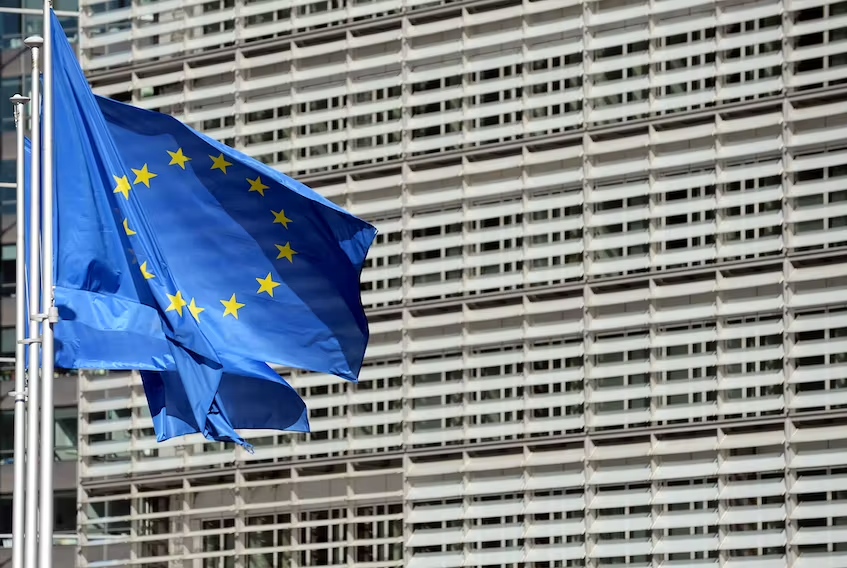The European Union should consider immediately scaling up genomic sequencing of COVID-19 infections and monitoring of waste water, including from airports, to detect any new variants given the virus surge in China, the bloc's health chief said. In a letter to health ministers of the EU's 27 members, Stella Kyriakides said the bloc should be "very vigilant" as China lifted travel restrictions on Jan. 8 as reliable epidemiological and testing data for China were quite scarce.
Canada’s Top 100 Most Powerful Women: Teassa MacMartin
Teassa MacMartin first came to study at the University of Manitoba as a mature student, with a one-year-old at home. Her son is now 10, and in just under a decade, she has obtained a bachelor of science in biological sciences, participated in UM’s Science Co-Op Program and is now pursuing doctoral studies in microbiology. MacMartin is also a Canada’s Most Powerful Women: Top 100 Award Winner in the Community Impact category.
Decline in Toronto's COVID-19 infections could be slowing or plateauing: wastewater data
Newly released wastewater data suggests that the recent decline in COVID-19 transmission in Toronto could be slowing or even plateauing but the city’s top health official says that she still remains cautiously optimistic about the weeks ahead. The data, which was posted to the city’s website on Friday morning, provides the most detailed look yet at the results of a wastewater surveillance project being conducted in collaboration with researchers from Ryerson University and the University of Toronto.





